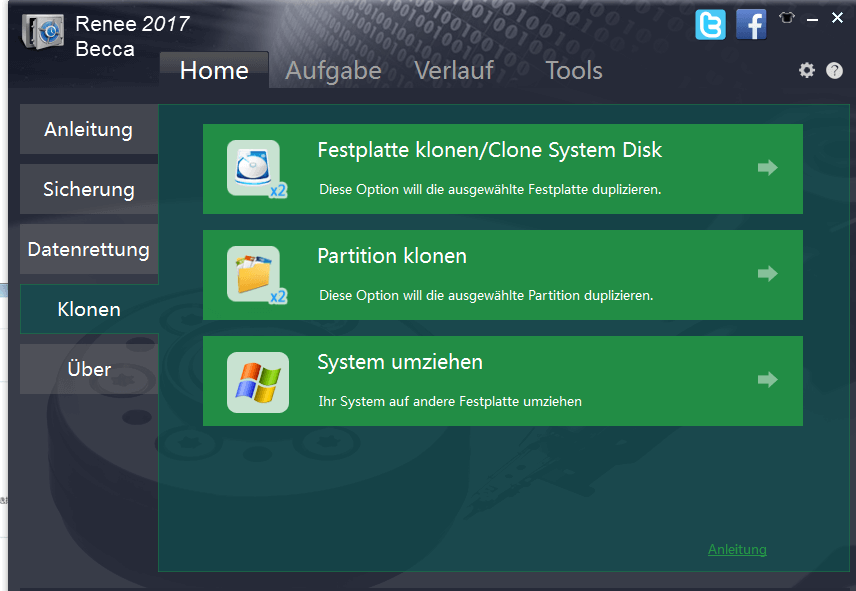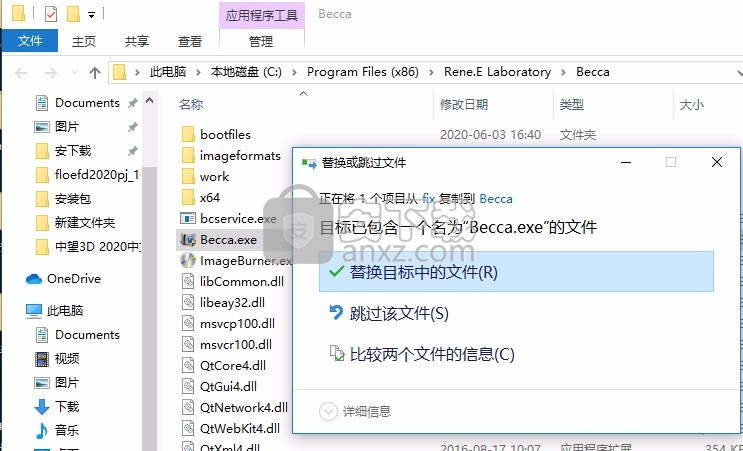
The Federal Solar Investment Tax Credit, or ITC, is likely the most well-known federal solar incentive. These rebates work as partial refunds that are applied after you purchase solar panels and before tax credits are calculated.įederal solar incentives are likely to be the first thing that comes to mind when thinking about solar incentives.

Some broad categories of solar incentives include:


Some incentives may be handled by the Kansas government, by your utility company or by county or municipality, while other incentives are federal. Various types of incentives, like discounts, cash back or monthly utility bill credits, may be available to you. The phrase "solar incentives" broadly refers to financial incentives designed to encourage increased use of renewable energy by making installing and using solar panels more affordable.


 0 kommentar(er)
0 kommentar(er)
